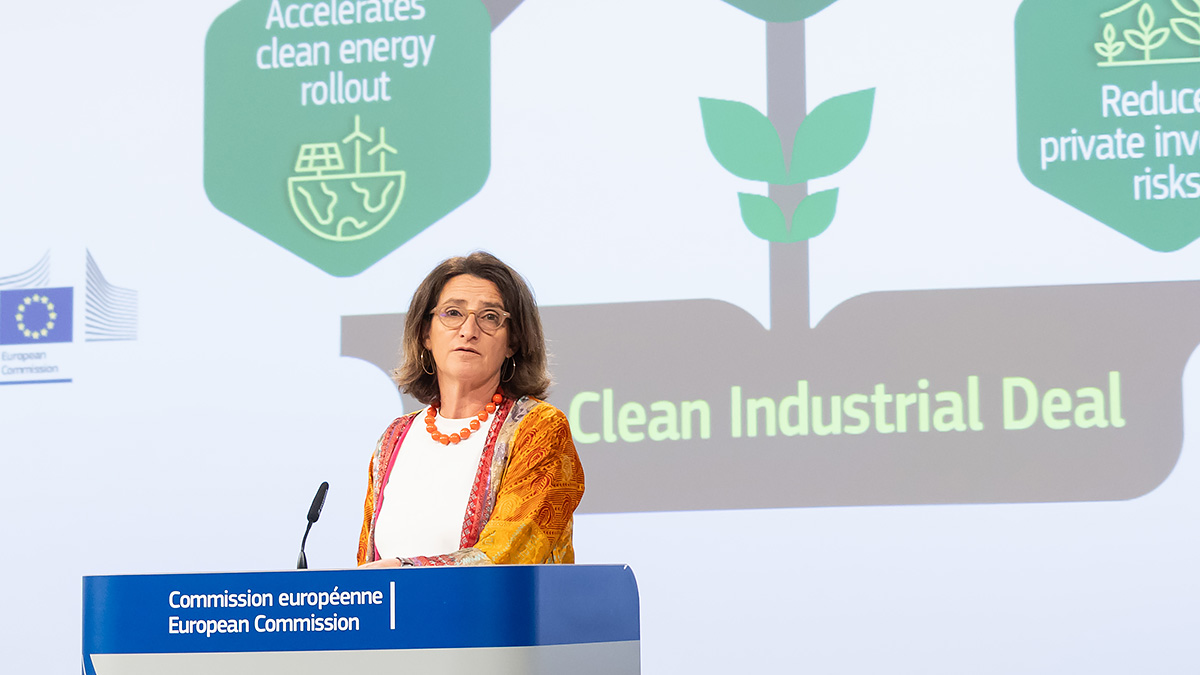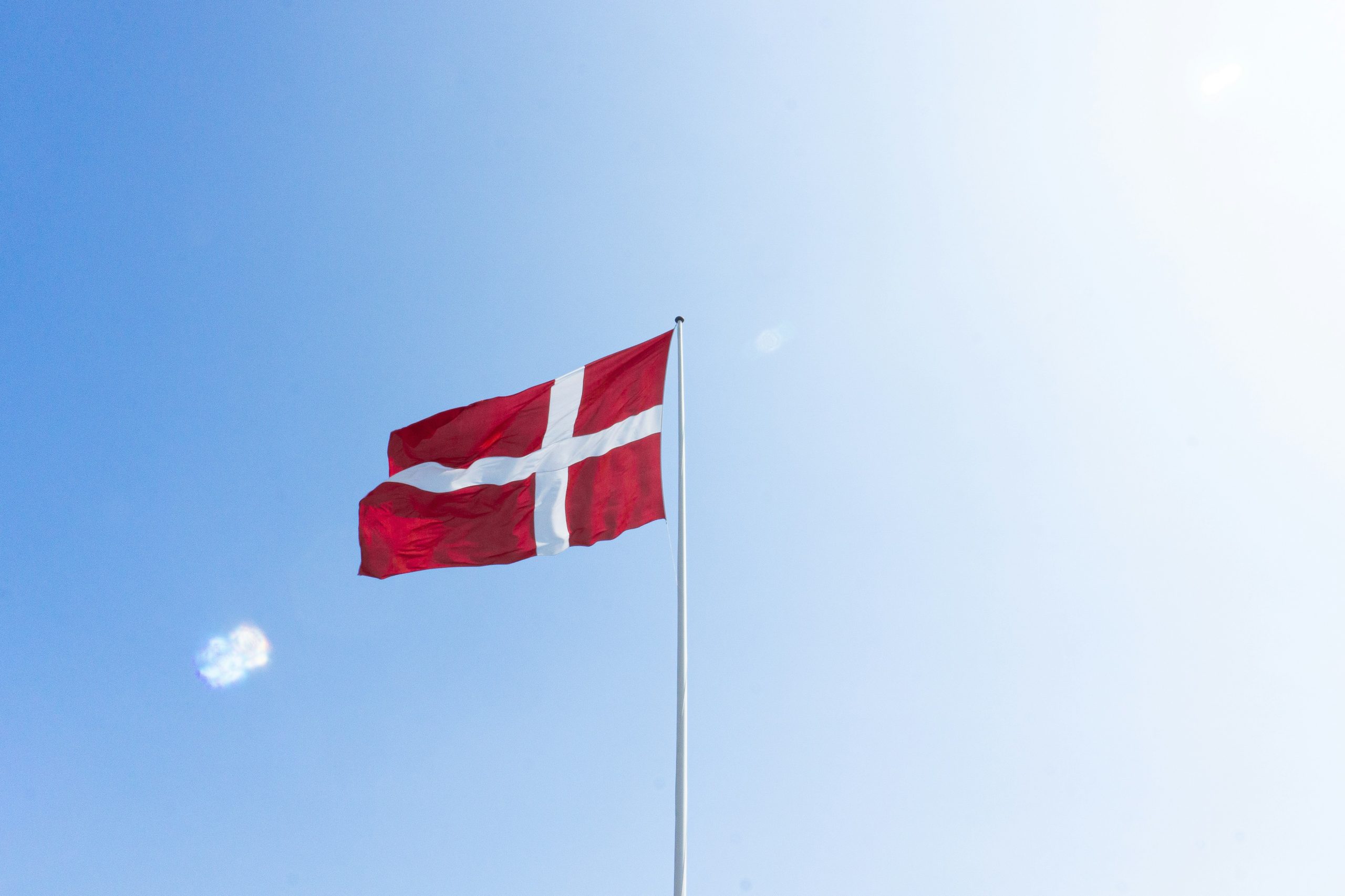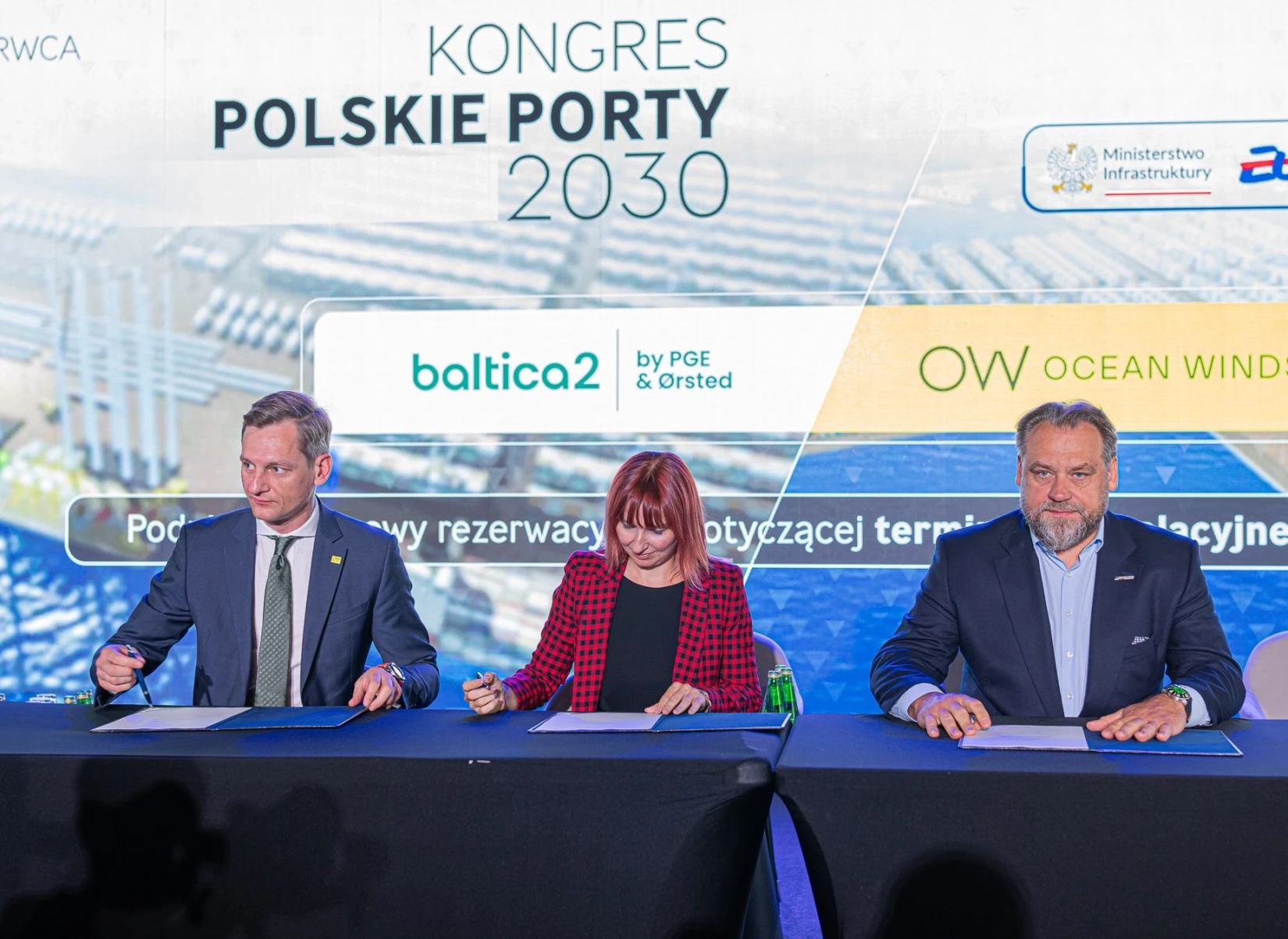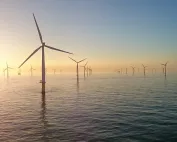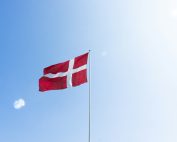The Federal Maritime and Hydrographic Agency (BSH) has announced that it has issued its decision to approve the Baltic Eagle offshore wind farm project after a public consultation and an environmental impact assessment (EIA).
Baltic Eagle is a 476.25 MW project that will be developed in the German Exclusive Economic Zone (EEZ) of the Baltic Sea. The project covers an area of 42.9 km2 and is located approximately 27.6 km northeast of the coast of Rügen Island.
BSH has approved a plan that includes the installation of 50 offshore wind turbines with a unit capacity of 9.525 MW and an unmanned transformer platform (USP). The turbines will be placed on monopile foundations at a depth of 41 to 45 m. Foundation installation is scheduled to begin in 2023. With a rotor diameter of 174 m, the total height of the offshore wind turbines will be 194 m above sea level.
The individual wind turbines will be connected via an internal cable network with an operating voltage of 66 kV to an offshore transformer platform (USP), which is to be built this year, the BSH announcement reads. The electricity flowing from the wind turbines will be converted to 220 kV transmission voltage.
BSH is the central German maritime authority. Its tasks focus on marine navigation promotion, safety and monitoring, research and data collection in oceanography and marine chemistry, water level forecasting service, and marine hydrography. One area that they have been steadily developing recently is the responsibility as a permitting and monitoring authority for offshore wind farms.
Source: BSH





